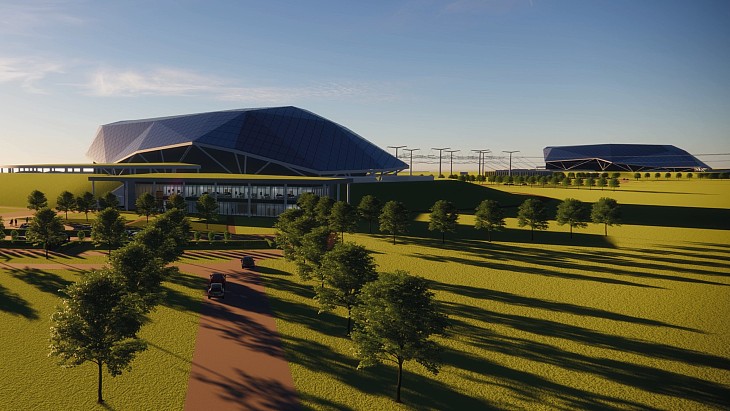By making the reactors produce less electricity during the summer months the government hopes that their operation can be extended in order to ensure energy supply security through the winters of 2025-2026 and 2026-2027.
"The war in Ukraine and the problems in the French nuclear energy sector have made us look at ways to create more certainty and reduce risks in the energy supply," energy ministry spokesman Jonas Dutordoir told Reuters.
The government has requested Engie carry out a safety assessment of the proposed "micro-extensions" of the three units and submit a report to the country's Federal Agency for Nuclear Control on its findings by mid-March.
Prime Minister Alexander De Croo and Energy Minister Tinne Van der Straeten will lead negotiations with operator Electrabel, the Belgian subsidiary of France's Engie.
The government is expected to decide on the extensions "by the end of March", an energy ministry spokeswoman was cited as saying by Montel.
Doel 1 and 2 and both 445 MWe (net) pressurised water reactors (PWRs) that began operating in 1974 and 1975, respectively. They are currently scheduled to shut down in February 2025 and December 2025. Tihange 1 is a 962 MWe (net) PWR, which began supply power in 1975, and is set to close in October 2025.
Belgium's nuclear plants account for almost half of the country's electricity production. The country's federal law of 31 January 2003 requires the phase-out of all nuclear electricity generation in the country. Under the current arrangement, most of Belgium's nuclear generation capacity will be phased out by 2025.
Under a plan announced by Belgium's coalition government in December 2021, Doel 3 was shut down in September last year and Tihange 2 was shut down at the end of last month. The newer Doel 4 and Tihange 3 would be shut down by 2025, together with Doel units 1 and 2, which had their operating licences extended in 2014.
However, on 10 January this year, Engie and the Belgian federal government signed an agreement with a view to restarting the Doel 4 and Tihange 3 nuclear power reactors in 2026 and operating them for a further ten years.

.jpg)



_19544_40999.jpg)


_66668.jpg)





